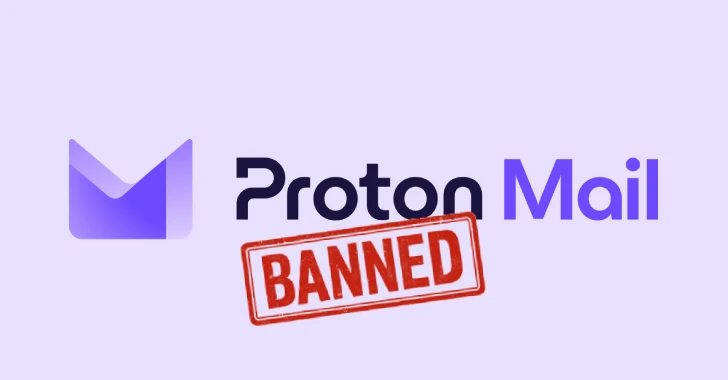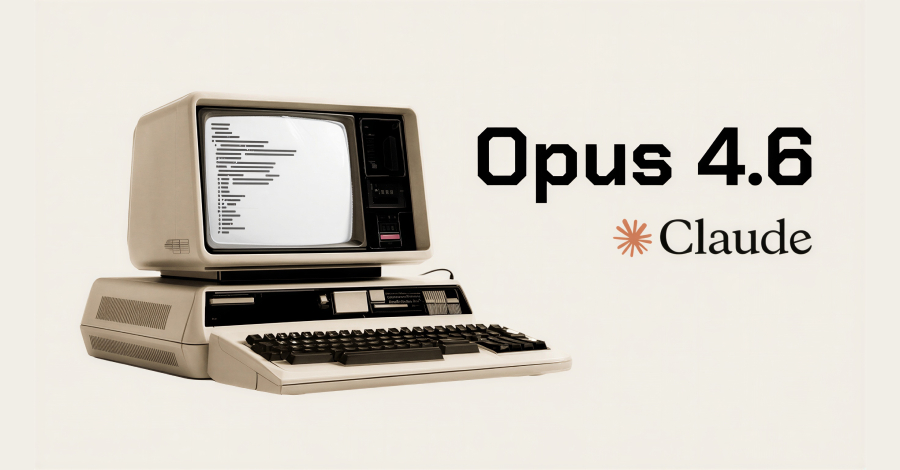In a significant legal development, the High Court of Karnataka has mandated the nationwide blocking of Proton Mail, an end-to-end encrypted email service, following allegations of its misuse in disseminating AI-generated deepfake content. This ruling, issued on April 29, 2025, stems from a legal complaint filed by M Moser Design Associated India Pvt Ltd in January 2025.
Background of the Case
M Moser Design Associated India Pvt Ltd, a prominent design firm, reported that its employees received emails containing obscene language and AI-generated deepfake imagery through Proton Mail. These communications included sexually explicit content, raising serious concerns about the platform’s potential misuse for distributing harmful material.
Court’s Directive
Justice M Nagaprasanna, presiding over the case, instructed the Indian government to initiate proceedings under Section 69A of the Information Technology (IT) Act 2008, in conjunction with Rule 10 of the Information Technology (Procedure and Safeguards for Blocking of Access of Information by Public) Rules, 2009. The objective is to block access to Proton Mail across India. The court emphasized the urgency of the matter, ordering the immediate blocking of specific URLs associated with the offending content until the government’s proceedings are concluded.
Proton Mail’s Position
As of the time of reporting, Proton Mail remains accessible in India. The Swiss-based company, known for its strong stance on user privacy and data protection, has yet to issue an official response to the court’s directive. Previously, Proton Mail has expressed its commitment to preventing the misuse of its services for illegal activities, stating that while end-to-end encryption ensures user privacy, the platform does not condone the use of its services for purposes contrary to Swiss law.
Legal and Privacy Implications
This case underscores the ongoing tension between maintaining user privacy and preventing the misuse of encrypted platforms for illicit activities. Proton Mail’s end-to-end encryption ensures that only the sender and recipient can access the content of emails, making it challenging for third parties, including service providers, to monitor communications. While this feature is a boon for privacy advocates, it also poses challenges for law enforcement agencies attempting to curb the spread of harmful content.
Precedents and Global Context
This is not the first instance where Proton Mail has faced scrutiny in India. In early 2024, the service was threatened with a ban following reports that hoax bomb threats were sent through its platform. In response, Proton Mail reiterated its policy against the misuse of its services for illegal activities and highlighted its cooperation with Swiss authorities in such matters.
Globally, encrypted communication platforms have been at the center of debates concerning privacy and security. While these services offer robust privacy protections, they have also been criticized for potentially facilitating illegal activities, including the distribution of explicit content, coordination of criminal activities, and dissemination of misinformation.
The Role of AI in Deepfake Content
The emergence of artificial intelligence technologies has significantly contributed to the creation of deepfake content—manipulated media that can convincingly depict individuals saying or doing things they never did. Such content can be used maliciously, leading to misinformation, defamation, and privacy violations. The use of AI-generated deepfakes in the emails received by M Moser Design Associated India Pvt Ltd highlights the growing concern over the misuse of AI technologies in creating and disseminating harmful content.
Legal Framework and Government Action
Section 69A of the IT Act empowers the Indian government to block public access to information under specific circumstances, including threats to national security, public order, or to prevent incitement to the commission of any cognizable offense. The court’s directive to invoke this section reflects the seriousness with which the judiciary views the allegations against Proton Mail.
The government’s response to the court’s order will be closely watched, as it will set a precedent for how India balances the right to privacy with the need to prevent the misuse of digital platforms. The case also raises questions about the jurisdiction and enforcement capabilities of Indian authorities over foreign-based service providers, especially those offering encrypted communications.
Potential Impact on Users and Digital Rights
The blocking of Proton Mail could have significant implications for users who rely on the service for secure communication. It also raises concerns about digital rights and the extent to which governments can intervene in the operations of encrypted communication services. Privacy advocates may view the court’s directive as a potential overreach, while others may see it as a necessary step to curb the misuse of technology for harmful purposes.
Conclusion
The Karnataka High Court’s order to block Proton Mail in response to AI deepfake abuse allegations marks a critical juncture in the ongoing debate over privacy, security, and the regulation of encrypted communication platforms. As the Indian government moves to implement the court’s directive, the case will likely serve as a reference point for future discussions on the balance between individual privacy rights and the need to prevent the misuse of digital technologies.



